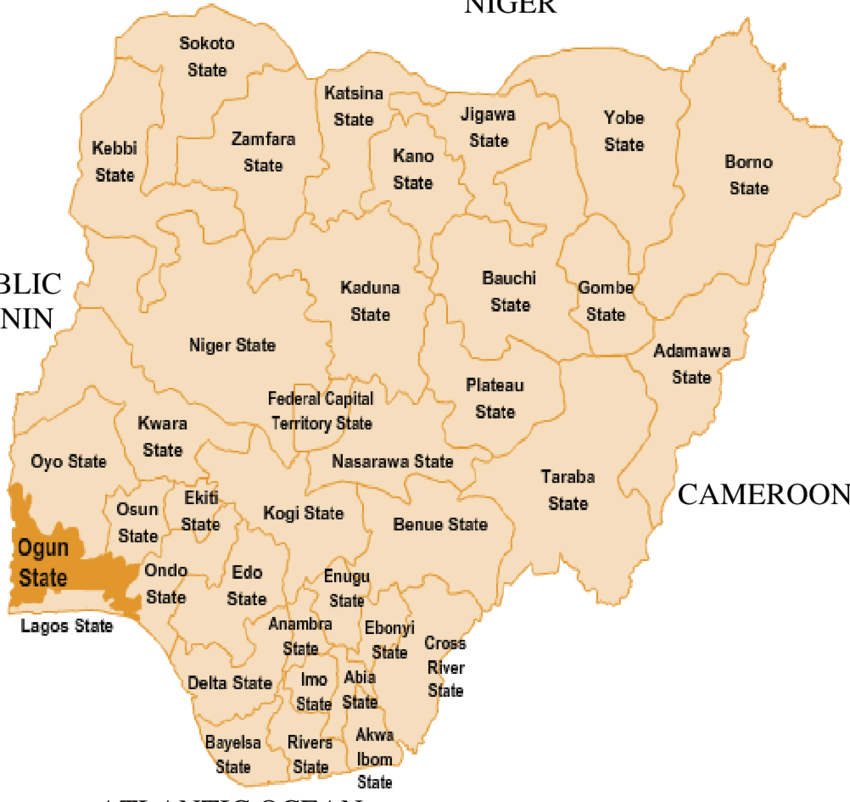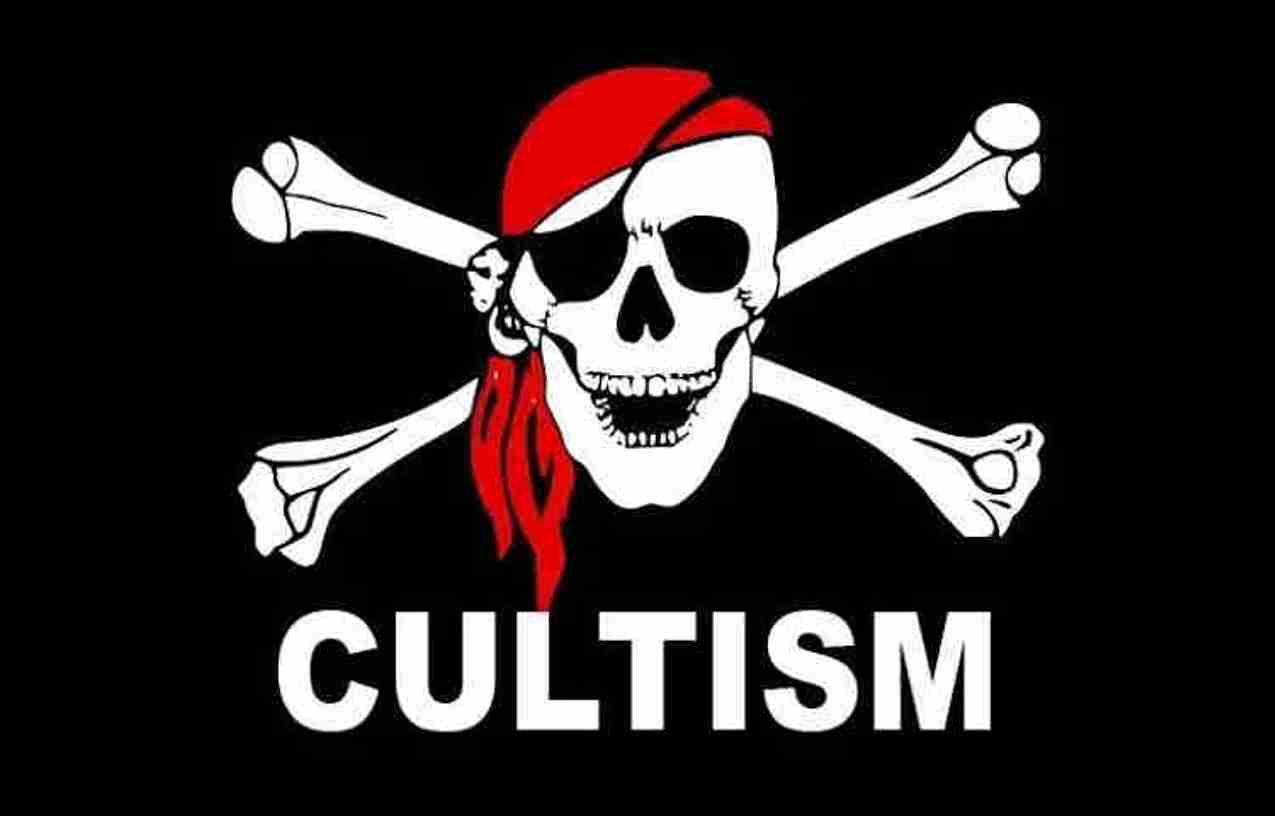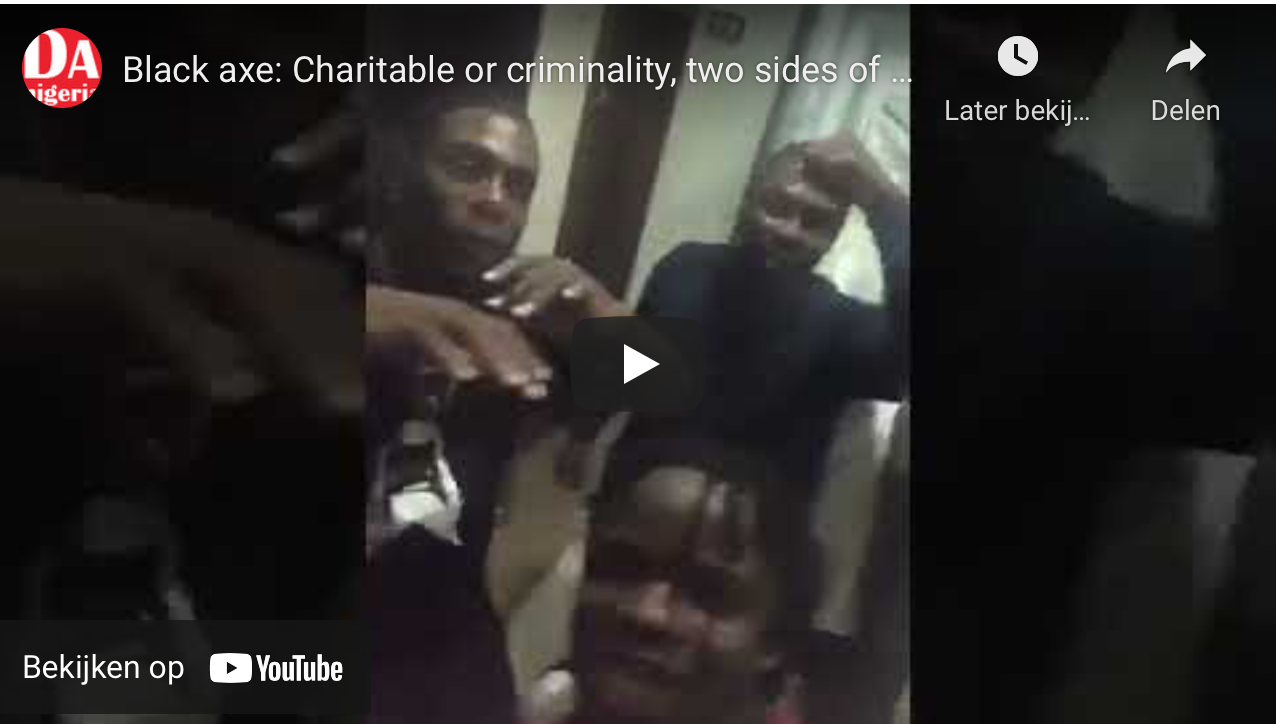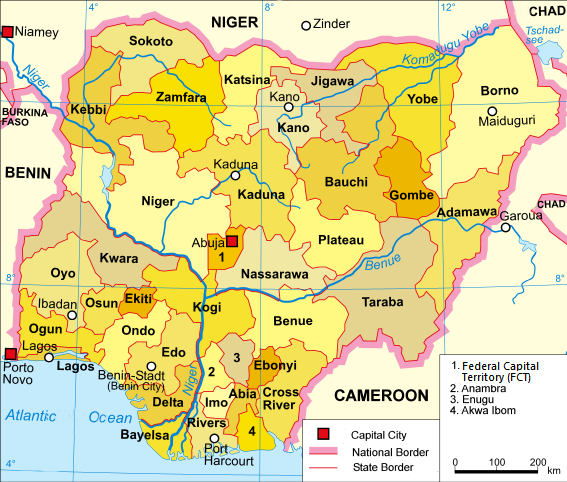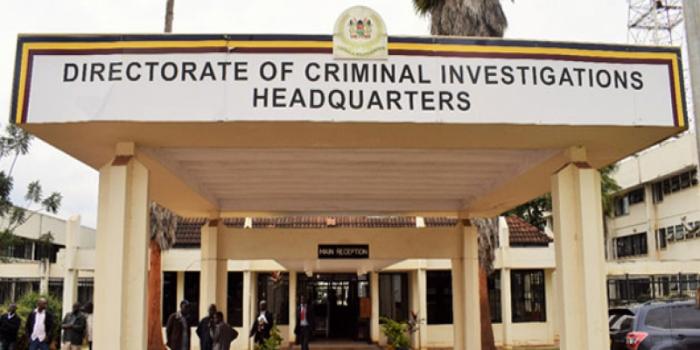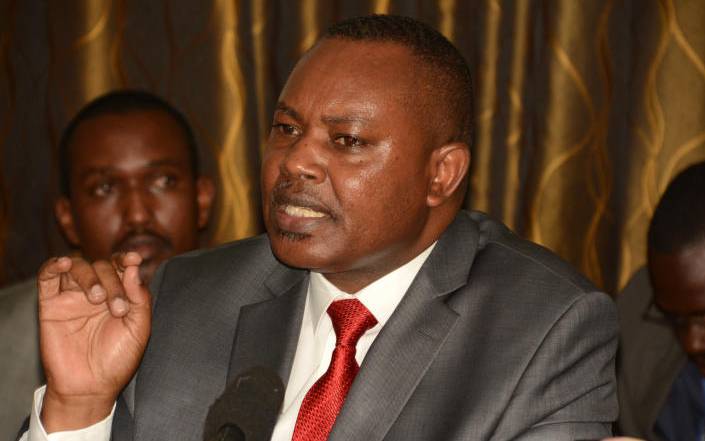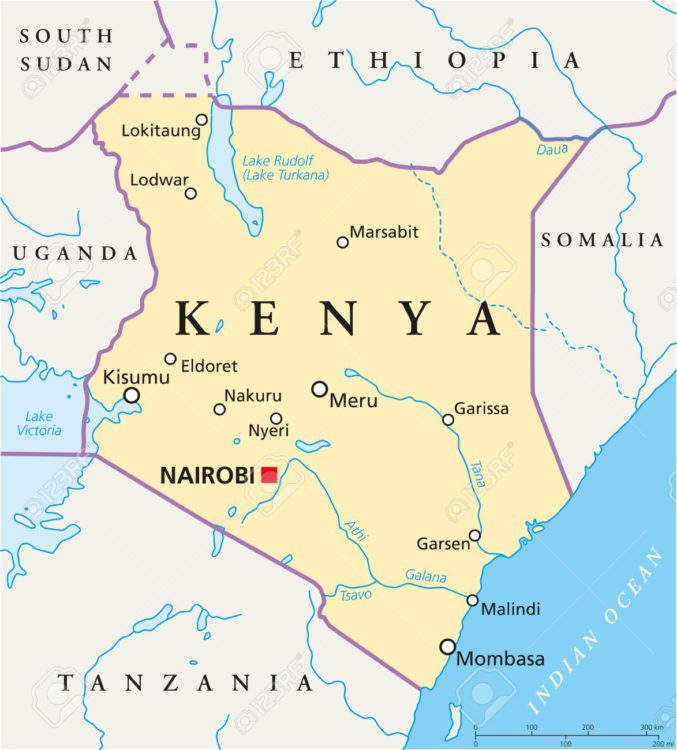I posted a few articles on the evil of ritual murders in Ogun State, Nigeria on December 31 and January 1.
The first one (the day before yesterday) was triggered by the ritual murder of Ayomide Agunbiade, a 12-year old boy, by his uncle who subsequently was killed in a mob action, jungle justice, in December.
The second posting, yesterday, was a kind of overview of ritualistic murders and related activities in this small southwestern state where in 2023 at least 15 people were murdered for ritualistic purposes. Among these 15 innocent victims was another 12-year old boy, John Soyinka, from Abeokuta, the state capital, whose dead body was found mutilated flive days after he got missing in November – see the article presented below.
The state Commissioner of Police, Abiodun Alamutu, now promises to do his best to fight this evil which, unfortunately, is not unique in Nigeria. The number of ritual killings in Nigeria (‘money rituals’) is frightening. I estimate that every week at least ten ritual murders are committed in Africa’s most populated country. Ten innocent lives cut short among whom children, the country’s future. On a yearly basis this amounts to more than 500 victims of ‘money rituals’.
I hope that in 2024 this evil will successfully be fought, reduced and, if possible, eliminated.
(webmaster FVDK).
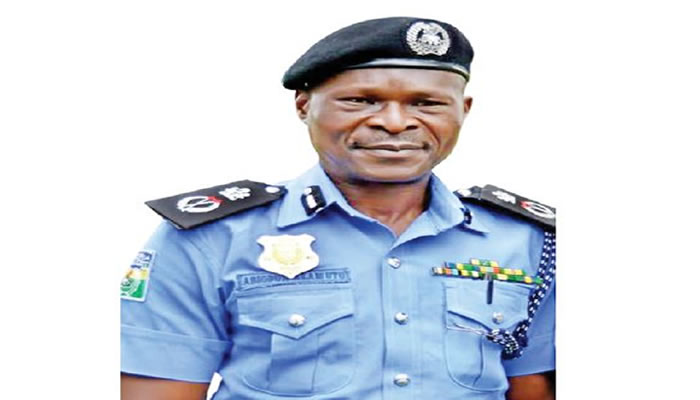
Published: December 31, 2023
By: Taiwo Bankole – Punch, Nigeria
As part of its efforts to stem the rising cases of ritual killings in the society, the Ogun State Police Command said it would embark on advocacy against the menace in the new year.
The state Commissioner of Police, Abiodun Alamutu, disclosed this while speaking with journalists on Sunday in Abeokuta.
Alamutu noted that the state remains the safest in the country, but the command is confronted with peculiar challenges especially the new trend of ritual killings.
He warned parents to caution their children to desist from any social vices, saying the police would not condone any form of criminality in the state in the new year.
Ogun State has had a fair share of frequent cult clashes in the outgoing year, especially in the Sagamu township, leading to the loss of at least 15 souls in the outgoing year.
PUNCH Online reports cases of ritual killings, the recent being the case of a missing 12-year-old boy, John Soyemi, whose mutilated body was found after five days at a community within Asero Estate.
Alamutu said, “2023 has been a challenging year because we have crime across the country. But I still insist based on available records that Ogun State remains one of the safest cities in the country as of today. Be that as it may, we have our own peculiar challenges.
“We are trying to level up. We are trying to be at least a step ahead of them, and the most disturbing trend now is the issue of ritual killings, which by its nature, is never done in the open except through credible intelligence before the act is committed.
“Unfortunately, the trend had continued to rise. So in the coming year, we are going to concentrate more on advocacy so that people will be aware of the fact that there is nothing like a money ritual.”
The CP continued, “You cannot make money by killing people, it is an agelong myth, it is a total fallacy. There’s really nothing like money rituals, they are just vicious, they are only being deceived to bring things they know it’s impossible to get like human head and all those stuff. By the end of the day, in their desperation, they go out for the eyeball, but then, there’s nothing like a money-making ritual.
“But our efforts in the coming year will be more sensitisation of members of the public. We will continue to place more emphasis on advocacy.”
“Cultism too is actually a serious menace, but the truth is that we are arresting them on a daily basis. But I’m happy the government is looking towards that direction and they need to put in place stiffer punishment for these people because it’s becoming a pastime, but the most disturbing news is that they are neither students nor artisans. They are just out there to take advantage of innocent people,” Alamutu noted.
Source: Ogun police promise to tackle cultism, others
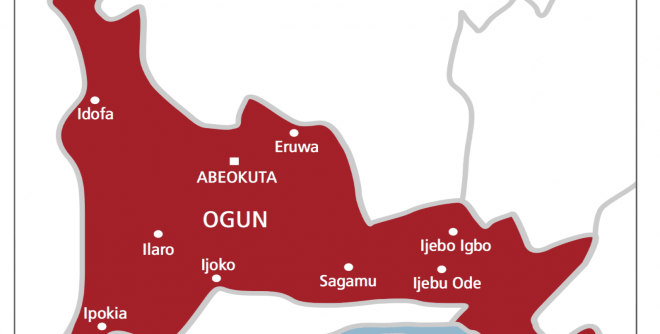
AND:
Missing Ogun 12-year-old found dead after five days
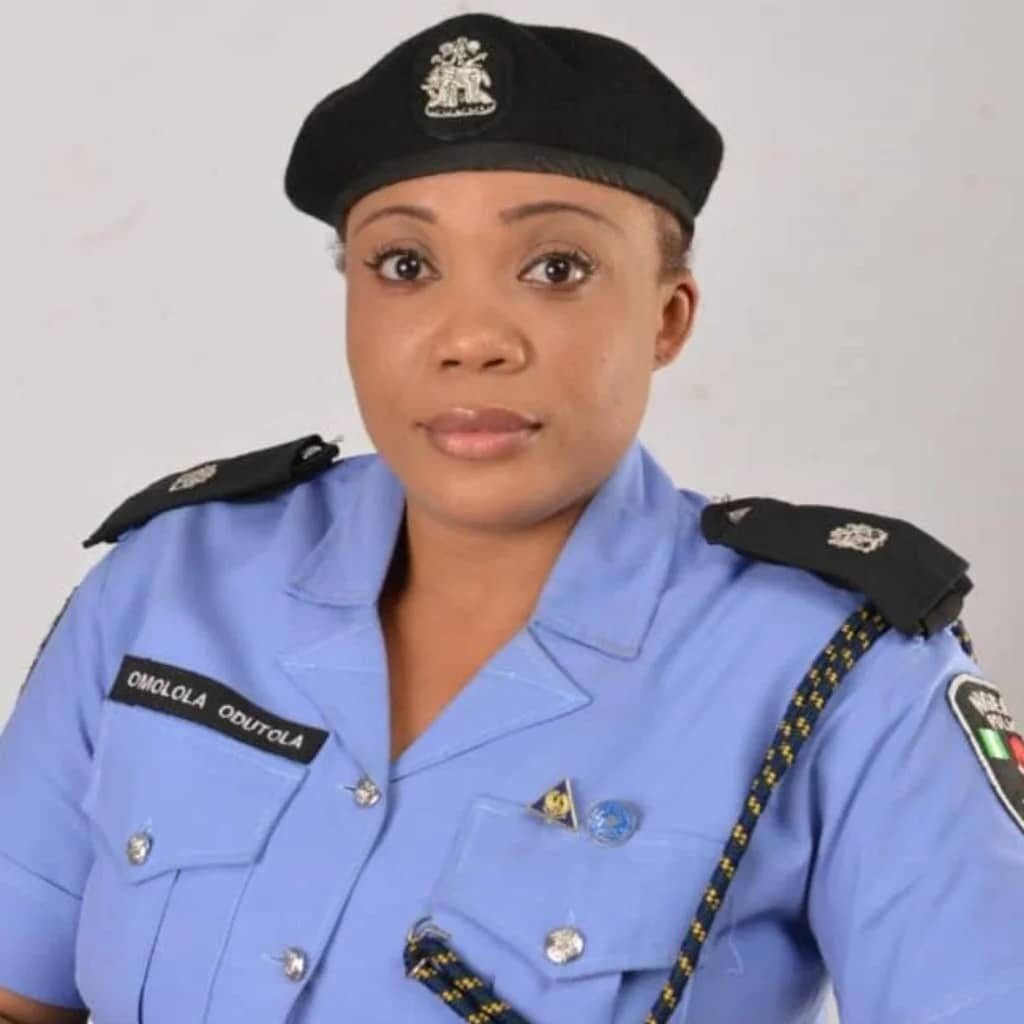
Published: November 23, 2023
By: Taiwo Bankole – Punch. Nigeria
The corpse of a missing 12-year-old John Soyinka was reportedly found at Kotogbo community inside Asero Estate, Abeokuta, Ogun State on Monday morning with his eyes removed while his wrists were also said to have been cut off.
Our correspondent gathered that Soyinka was declared missing about a week ago and the incident was reported at the Obantoko Police Station, Abeokuta.
A resident of the area who pleaded anonymity told our correspondent that the young school boy was said to have vanished into the thin air after trying to check on a customer who did PoS transactions in a shop where the deceased usually assisted them but never came back.
The source said, “I know the boy very well, he is about 12 years old and he lived alone with his mother whom I guessed is no longer with her husband. His mother is into menial jobs like helping people to sweep and the rest.
“The boy too was going to school but I also usually saw him at a business centre where they do PoS operations and barbing. I think he must be assisting them there. What we heard was that, last week Thursday, he said he wanted to check on a customer who did PoS transactions, apparently maybe, there was something to sort out about the transaction but the boy never came back.
“The boy and his mother lived at Olasunkanmi community and so the Community Development Association reported the matter to the District Police Officer at Obantoko Station.
“The DPO informed the police at Adigbe and Lafenwa but it was the boy’s corpse that was seen at Kotogbo community just beside Olasunkanmi on Monday. The two communities are inside Asero Estate, Abeokuta. It is suspected to be a case of ritual killing because the boy’s eyes were removed while his wrists were also cut off. It’s an incident that has really thrown all the residents into mourning”.
When contacted for a reaction, the spokesperson of Ogun State Police Command, SP Omolola Odutola, described the incident as very pathetic saying that it was painful to note that despite the fact that the police swung into action when the boy’s case was brought to their attention, it was his mutilated body that was found days later inside the bush.
Odutola said, “The case is so pathetic. The DPO vigorously searched for this boy only to find his mutilated body inside the bush. The body has been released to the family for burial.”
Source: Missing Ogun 12-year-old found dead after five days
